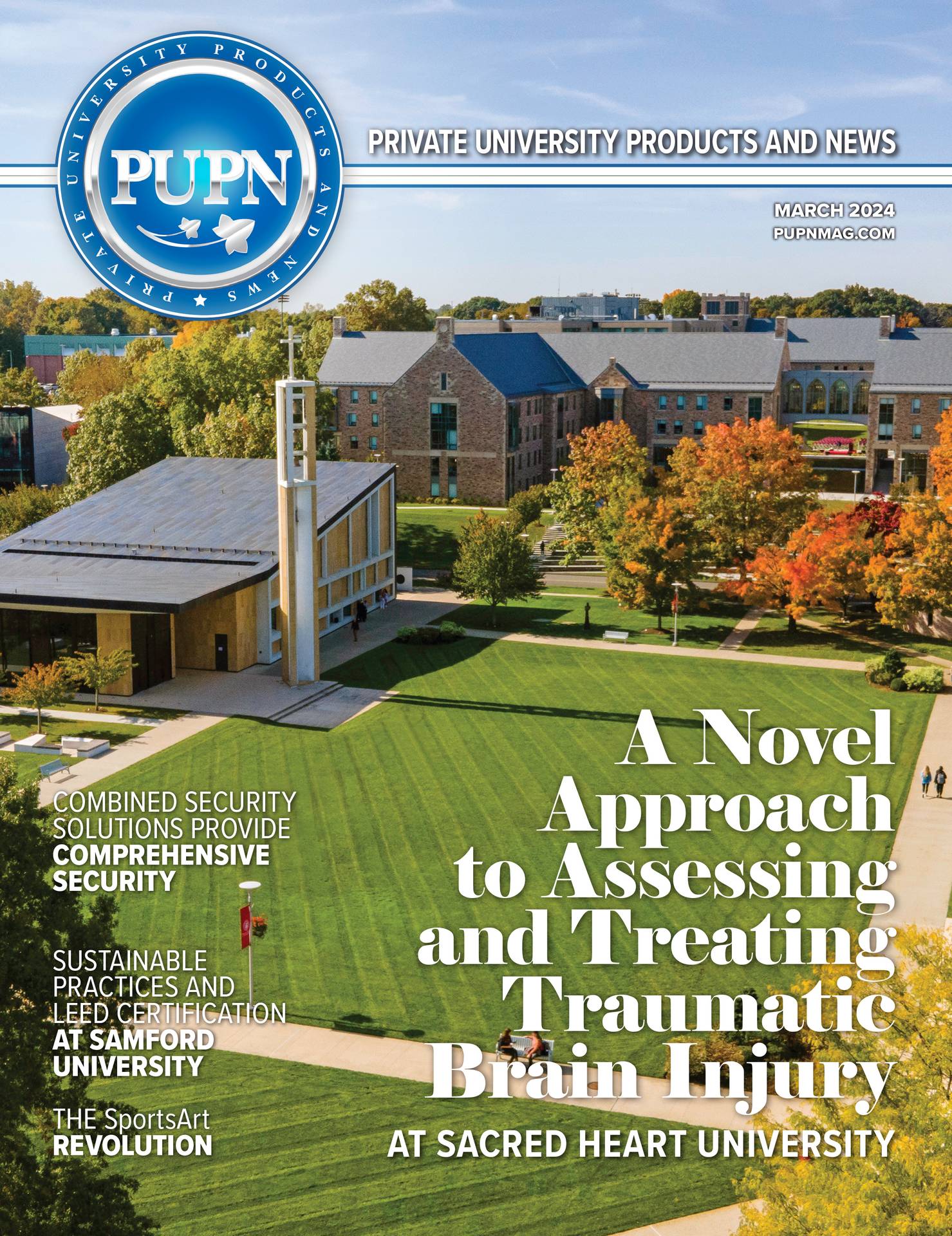Background
Barreto’s focus within the field of Economics lies in the History of Economic Thought. As he points out, this area—by contrast with Economic History—centers on the history of ideas driving and explaining economics, along with the writings of economic philosophers such as Smith, Keynes, and Marx. While some universities in Europe still offer this degree, Barreto says that it is no longer available in the United States; the attention of the field of Economics here has turned to “applied math with very advanced technical skills.” These changes in the field are exciting; Barreto reports that advances in technology and computers “allow analyses that weren’t possible a generation ago.” Lori S. White, DePauw University President, commends Barreto’s “deep commitment to his discipline, demonstrated and recognized by his academic peers through his scholarship and visiting professorship opportunities.” Despite the fading of History of Economic Thought as a doctoral degree program, Jack Fitzgerald, Senior Economics and History Major at DePauw, notes that the specialty remains important in economic education because people “need to think more about theory and [consider] what should be.”
Big Changes at DePauw
In contrast to the comparatively slow changes in the field of Economics, Barreto says that this is a time of “sudden, big changes” at DePauw University. The school engaged in an intense period of strategic planning initiated by White after she became university president in 2020. This process, Barreto states, was “different” and “more dynamic” than the strategic planning processes he had experienced previously. Within the new strategic plan, the university has decided to add two new schools; these changes represent a major re-structuring for the university. Building on their established basis in Liberal Arts and Sciences, DePauw will add a School of Business and Leadership (SBL), along with “a new school focused on creativity, media arts, music and the performing arts,” as the Strategic Plan website states.
As one of the members of the strategic planning team, Barreto says that this move recognizes the changes in demand for education; the majority of students now entering college tend to be more practical about their reasons for attaining college degrees than previous cohorts have been. As Barreto puts it, students right now are utilitarian; they want education to trade for money; if they are paying tens of thousands of dollars for an education, they want to see a return.” According to Barreto, the biggest majors at DePauw right now are Economics and Computer Science—a clear indication that a school of business will attract students.
Barreto has made a three-year commitment to co-direct the business school. White commends Barreto’s willingness to “contribute his expertise to help lead DePauw’s creation of our new School of Business and Leadership. As a core member of the SBL Advisory team, in addition to his disciplinary expertise in the field of economics, he is a strong advocate for the core liberal arts skills of critical thinking and inquiry and the importance of integrating the humanities, sciences, and the creative arts as part of the study of business and leadership.” Michele Villinski, Associate Professor of Economics and Management at DePauw, looks forward to co-directing the SBL with Barreto, noting that he is a “good friend and a great colleague.”
With the addition of the new school of business, DePauw will add two new majors: Finance and Business Analytics; the existing Economics and Actuarial Science majors will be housed in the business school, as well. DePauw is currently in the process of conducting an external search for SBL dean; Barreto says that the whole endeavor is “very fresh” and “still forming.” They are also in the process of hiring two new people for the business school; Barreto will team teach with them this fall to orient them to DePauw and help guide them to teach within the liberal arts model. Even though the department of Economics is moving to the business school, Barreto points out that the field does still “have a humanities side to it.”
Motivated by Teaching
Barreto appreciates working in the small, private liberal arts setting at DePauw where teaching is valued. His alignment with DePauw’s mission is appreciated; as White states, “Dr. Humberto Barreto illustrates the qualities we value highly in our liberal arts college community.” Further, though Barreto has been quite successful in pursuing his research agenda—he won the Minar Scholarship Award for his research—Villinski reports that his focus on students is what motivates him, not recognition for his scholarship. White says that Barreto’s commitment to his students is “evidenced through his engaging teaching and his mentorship of the next generation of economists and those seeking to apply economic principles to their chosen profession.”
Since he arrived at DePauw from rival Wabash, Villinski states, Barreto has been a staunch defender of keeping the Economics major purely dedicated to economics, even within a hybrid department. As he participated in the strategic planning process, however, he had access to high-level information that convinced him that the addition of the business school would be good for DePauw and future students. Villinski says that he “became a convert” to the plan “because he is driven by what can be good for the students.” In Villinski’s view, his openness to the change has also made him “an astonishingly effective advocate for the new plan.”
New Courses, Renovations, and Bloomberg Terminals
While the field of Economics aligns with Business, it is very much a separate field. For the first time since he began teaching in 1985, Barreto will need to develop an entirely new set of courses. Villinski terms this pivot a “professional makeover” for Barreto. One of the courses he is developing will be a regression and simulation class; another will be a class in business analytics. Barreto says that the content of introductory economics classes has been very stable for years across institutions of higher education, but these introduction to business analytics classes are the exact opposite—they can be taught by people specializing in several fields, including Economics and Mathematics. Though content can vary widely, the goal is to teach students methods of data-driven decision making.
Barreto reports that taking on this new opportunity close to the end of his career is “a real challenge” that is “intellectually really exciting.” He’s looking forward to translating what he knows to a new setting. Additionally, he’s carefully considering how to frame and present the introductory courses so that they can simultaneously act as gateways to the majors but also be attractive to non-majors. Teaching these different constituencies can be tricky, he admits. According to Villinski, though, addressing these challenges fits Barreto’s general approach; she states that he is always “asking questions and learning new things” and has a great deal of “intellectual curiosity.” Villinski says that Barreto’s change in focus shows that people can learn new things at any point in their careers; it also shows that getting senior faculty members involved as agents of change can be an effective move for an institution.
One floor of their current building is being renovated to form the hub of the SBL. One of the biggest aspects of the renovation will be the installation of twelve Bloomberg terminals. According to Investopedia, “A Bloomberg terminal is a computer system that allows investors to access the Bloomberg data service, which provides real-time global financial data, news feeds, and messages.” Villinski reports that a classroom will house one of the terminals, with the remaining ones in a lab across the hall. Barreto will be using them in his fall classes, and there is already interest across campus in taking advantage of the opportunity they will provide.
Student Project
Barreto’s student Fitzgerald is taking on a senior thesis that demonstrates how various interests within the field of Economics can apply to real-world settings. Fitzgerald, a DePauw baseball player, became interested in whether players might be able to “game the system” in major league baseball’s 2022 collective bargaining agreement. Fitzgerald is limiting his research to hitters, who are paid according to their wins above replacement (WAR) statistic. This complex statistic determines players’ worth by comparing each player’s hits, averaged over the season, to the other players in the league. Fitzgerald’s project considers whether employers should depend on a single statistic—even a complex one with many inputs, like WAR, to determine compensation. He also looks at whether players can game the system by trying to get fewer of one type of hit and more of another.
This project, supervised by Barreto, draws from micro-economics, labor economics, and economic theory, and Fitzgerald hopes to gain insights into how effective and ethical this collective bargaining agreement is. The project came about because the two had discussed the agreement in class, and Barreto later emailed Fitzgerald asking for more explanation. Fitzgerald says that he has “always been into baseball and statistics,” and this project can provide him with an excellent sample of his work as he prepares to graduate and secure employment. With this thesis, Fitzgerald hopes to find employment in operations for a major league team, and he knows that his insights as both a player and an economist will be valuable in such a position.
One of the many things that Fitzgerald appreciates about Barreto is that he uses stats in his class and expects his students to become proficient in Excel, so that they “acquire hard skills on top of the discussion-based” experiences in his classes. So, while Fitzgerald definitely values the theory he has learned from Barreto, he wishes that more professors would emulate him by implementing more hard skills such as Excel and coding in their classes.
Time of Transition
In thinking through the elements of his career that have both led to his success and prepared him to take on such a big, new undertaking at this time, Barreto reflects that his multiple opportunities for sabbatical have been a wonderful part of his experiences; as he states, sabbaticals allow professors to “re-charge, and they give a chance to think new things.” These opportunities may also have prepared him to be comfortable creating and taking part in the new environment of the SBL. As DePauw is moving forward with the plans for expansion, Barreto has noticed that colleagues have voiced strong feelings, positive and negative, about the process and prospects; as he puts it, “Transitions are tough.” This transition, however, will position DePauw to be ready for the upcoming challenges facing higher education—and Barreto is a vital part of leading the charge.










